We were lucky to catch up with Tania Hormozi recently and have shared our conversation below.
Hi Tania, thanks for joining us today. Looking back at internships and apprenticeships can be interesting, because there is so much variety in people’s experiences – and often those experiences inform our own leadership style. Do you have an interesting story from that stage of your career that you can share with us?
When I first started my journey in the Psychology field in 2011; I was coming from a Journalism background, so it was going to be very different. I saw a lot of parallels between journalism and psychology. The first facility I worked at as an intern was a women’s recovery center in National City. I helped women with legal issues who lost custody of their children gain custody or visitation back. I knew right away that I would learn a lot about myself in this field, and I was told early on from that Supervisor the more experience I get as an intern with supervision before I get licensed, the more opportunity and well-rounded clinician I will be. I took that advice and ran with it.
A year later, I worked at a clinic for women who were victims of Domestic Violence and Sexual Assault in El Cajon and Pacific Beach. Through that experience I learned about the different units of treatment that I was competent with, and areas that I was not, and it was good to understand that early on. I met a woman at the clinic who was working at a psychiatric hospital, and I always was curious about working with psychiatric patients.
I was able to get in the doors as an intern for 3 months, and since I was on a different track, and was working towards my Doctorate program at that time, I got hired on as a staff member in May 2014. I started working in the Addictive Disorders department. The experience I had at Alvarado Parkway Institute (API) was definitely one that has shaped my entire career as a therapist. Working in an inpatient environment with individuals from a variety of backgrounds, illnesses, and lifestyles truly helped me navigate the type of therapist I wanted to be in the future. I had opportunities to work with elderly, forensic inmates, adults with schizophrenia, bipolar disorders, mood disorders, detox patients struggling with different addictions and substances.
I worked with families, I worked with case management planning their discharges to rehab programs, outpatient clinics, treatment centers, therapy, and many other resources in the community and out of state. I ended up working at API for 6 years. I did not think I would stay that long; however, after 2 years of inpatient work in the addictive department I was promoted to work at the outpatient level with the substance use track facilitating groups, individual therapy, treatment planning, and working closely with psychiatrists.
I was promoted a few more times to different positions within the hospital, until I was transferred to the El Cajon Outpatient facility as a Lead Treatment Coordinator. I helped other Treatment Coordinators with paperwork, patient consultations, and group therapy. I stayed at that location for 3 years. My last year of working at El Cajon was as a Clinical Supervisor and I enjoyed that job until I felt that it was time for me to move on and explore other opportunities as a Licensed therapist.
I stayed working at API throughout my entire Doctorate program journey, and it was a blessing to experience the many levels of education, understanding, knowledge, and be able to work with a variety of patients and clients.
Now that I work in a private practice setting, I feel very competent with the variety of clients that I meet. I feel competent that I was successful with working in a variety of settings as an intern and took advantage of the education and knowledge of all my supervisors as well as the clinical experience at the different places. I know what population I can work with, what my skillset entails, my challenges, and my strengths in this field as a therapist.
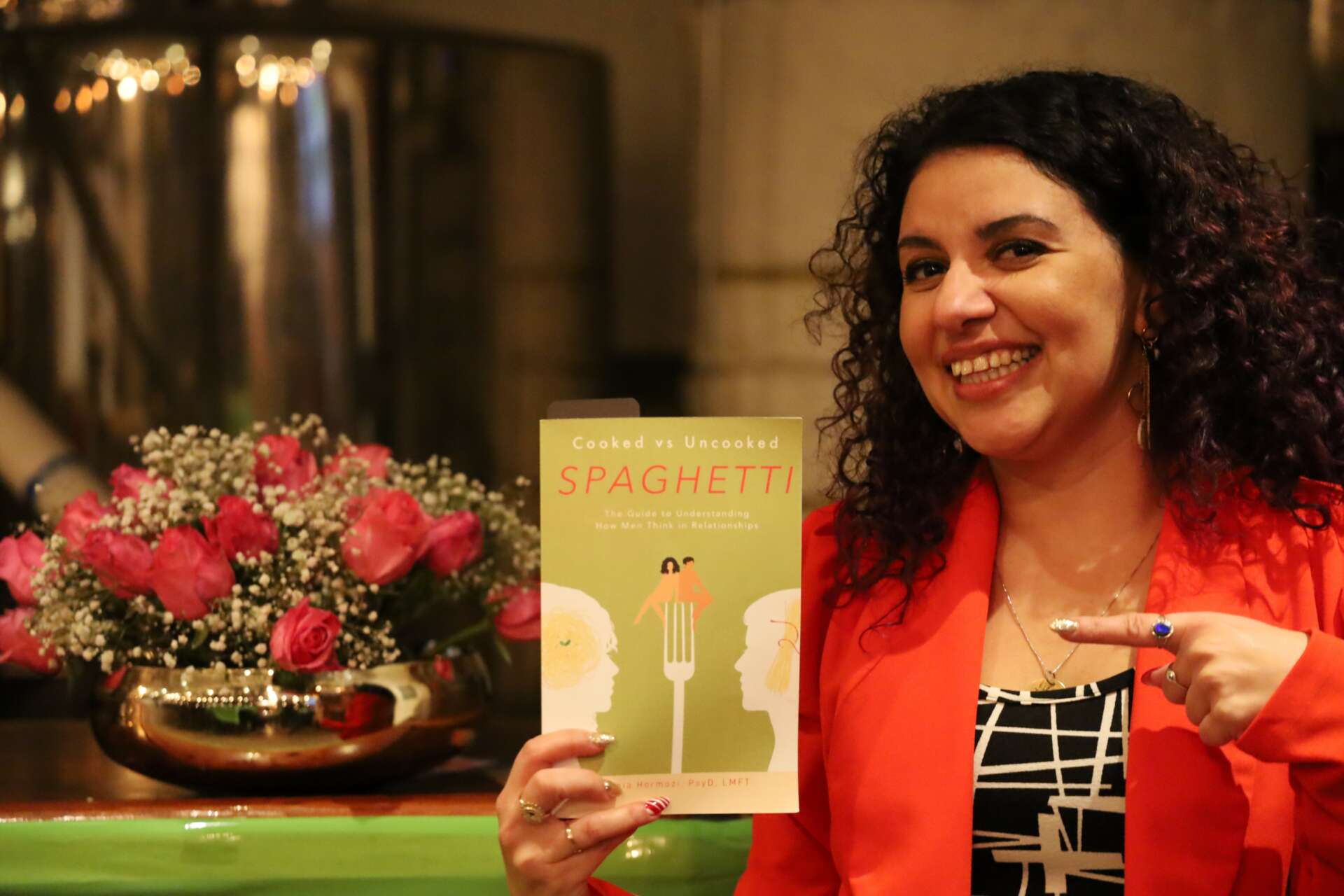
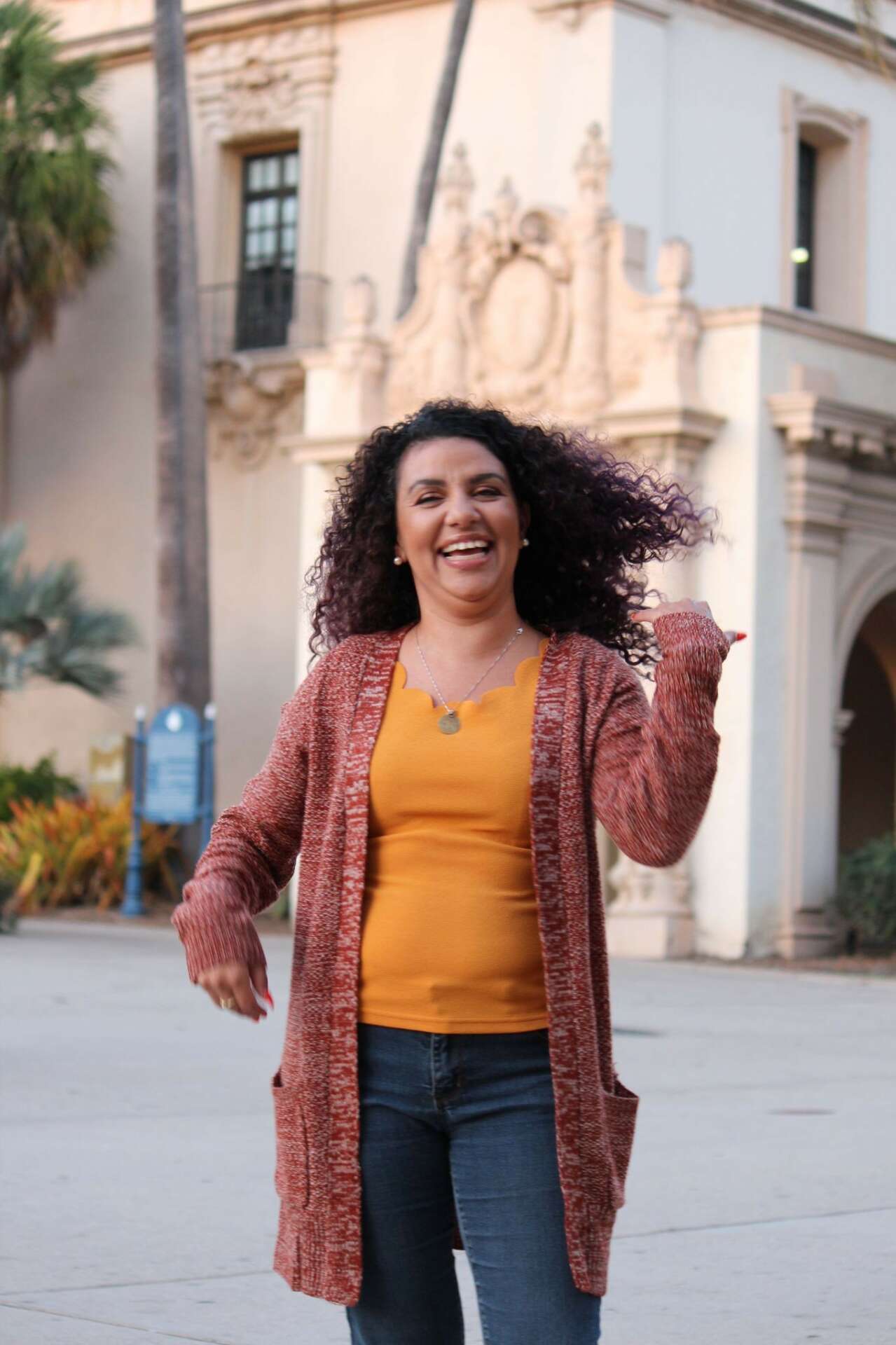
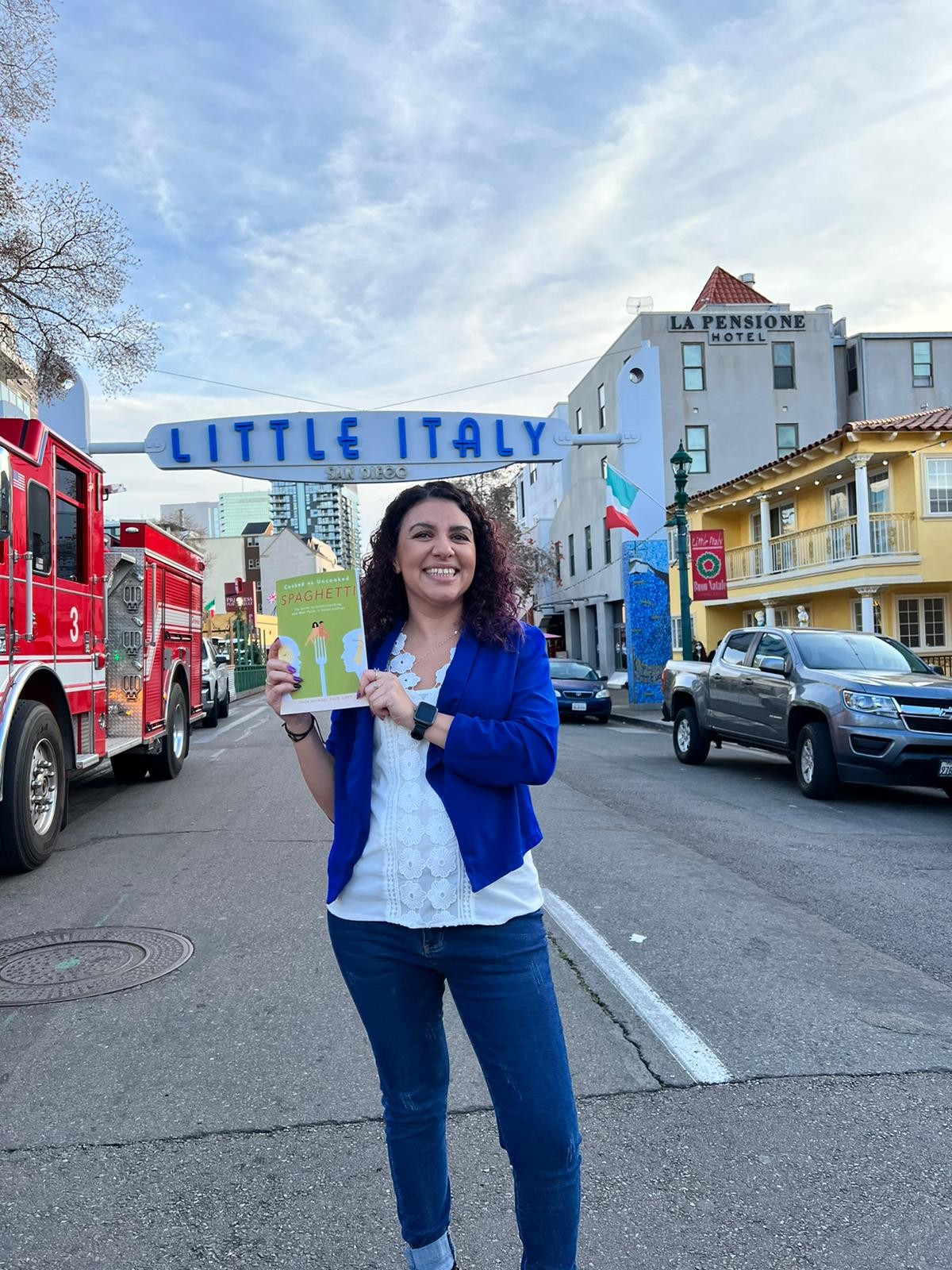
Awesome – so before we get into the rest of our questions, can you briefly introduce yourself to our readers.
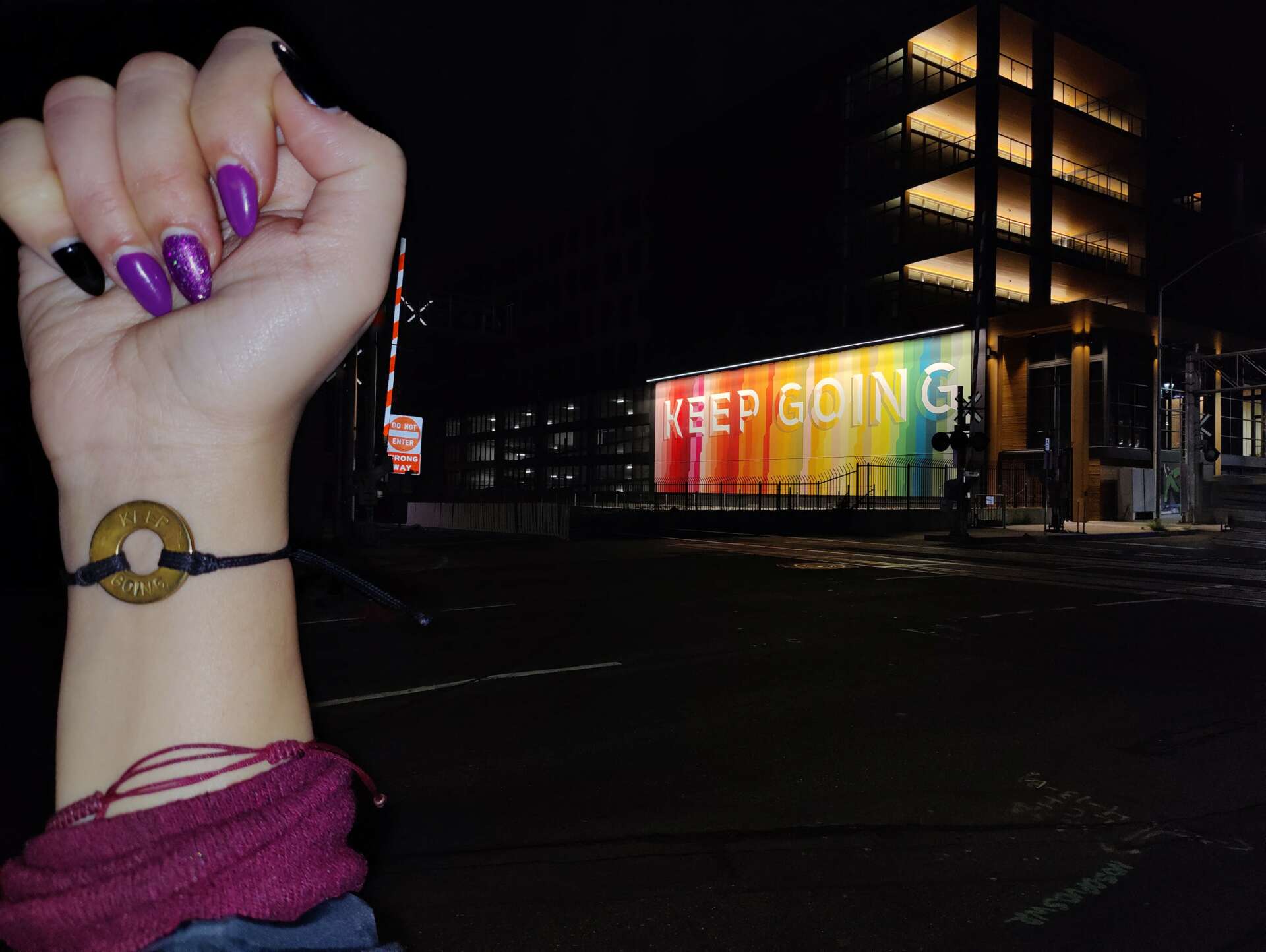
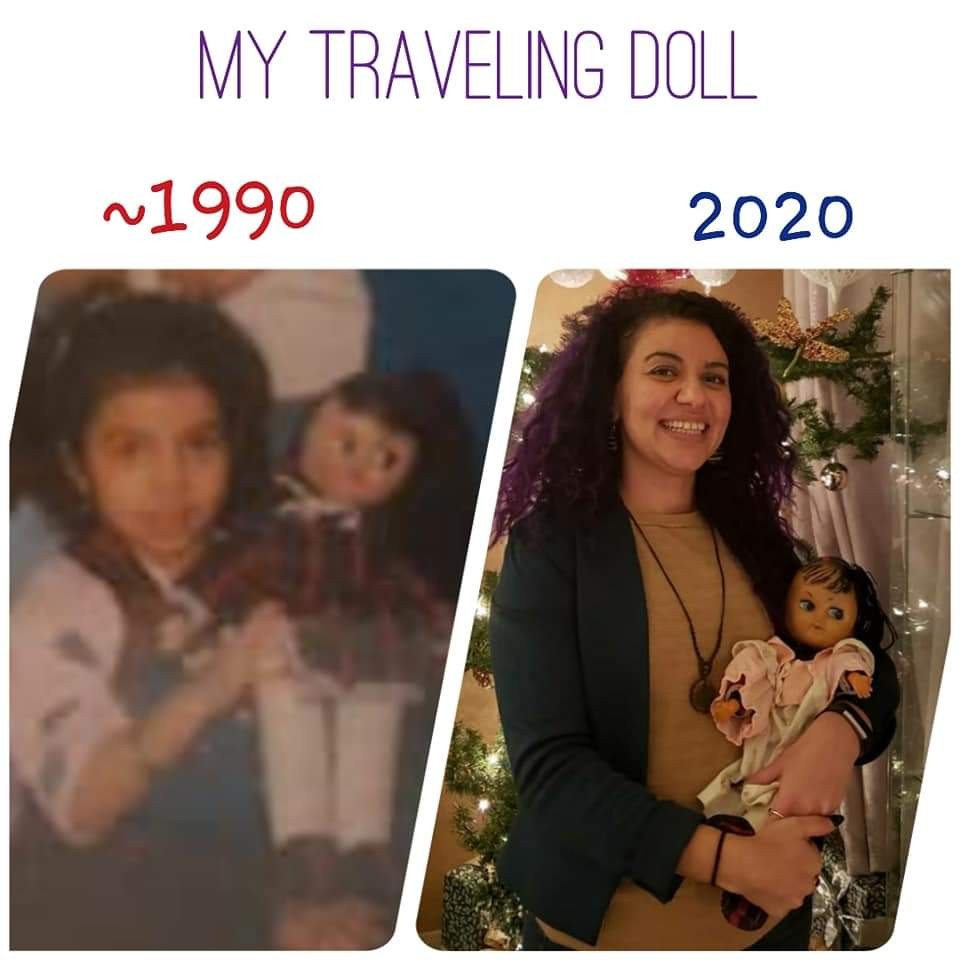
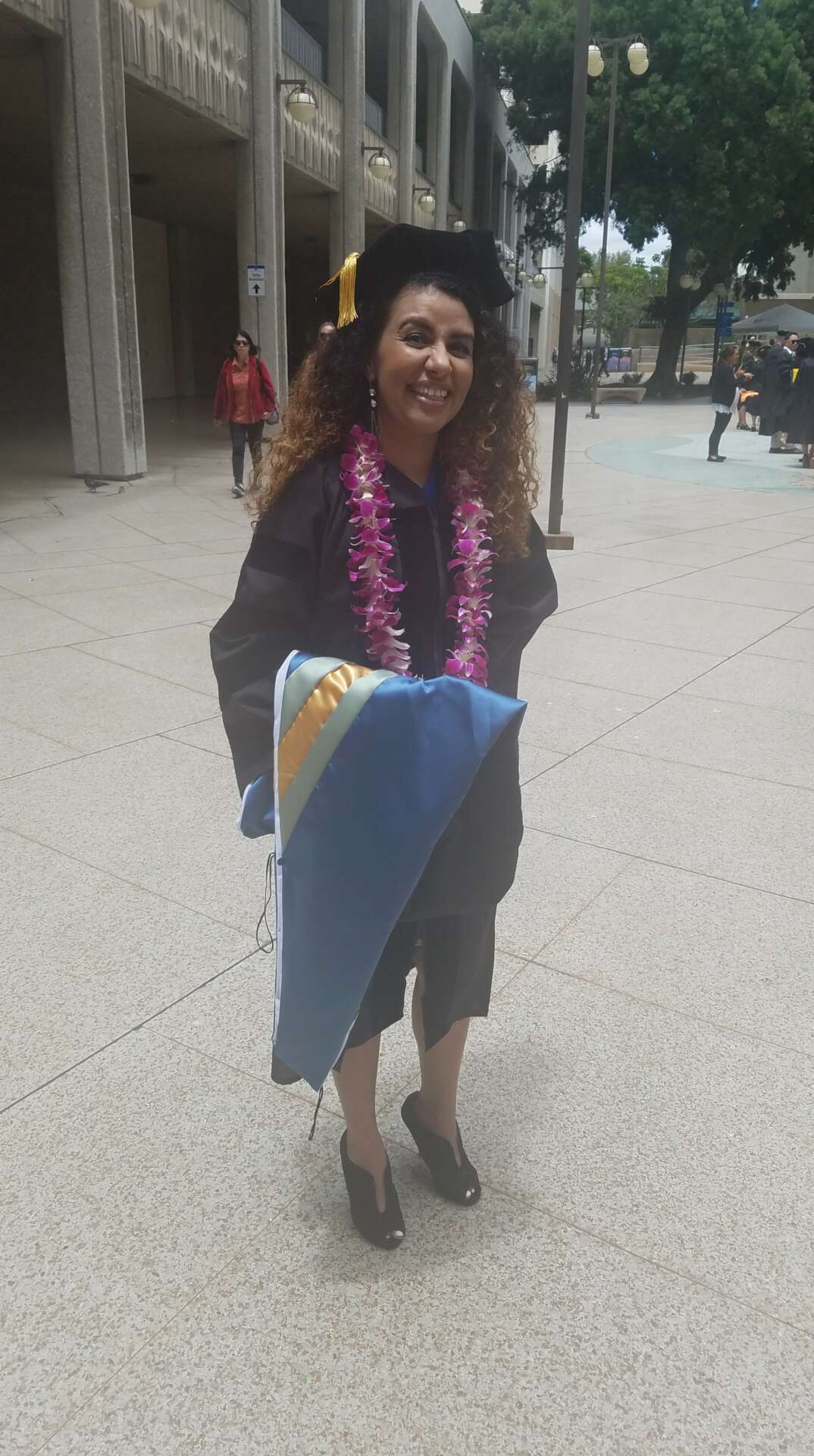
Let’s talk about resilience next – do you have a story you can share with us?
The word resilience describes my entirety as a person, a refugee, a child of immigrants, the main topic of my doctoral dissertation, and the way I have made it to where I am today in my field.
Resiliency is the “capacity to withstand or to recovery quickly from difficulties” according to the oxford dictionary online.
My parents have ingrained ways to deal with difficulty in me as a child. Deciding to move their three young children across country for a better life and more opportunities. Difficulty in learning a new language, adapting to a new culture and environment, difficulty in creating a successful life, having income, taking care of family. Everything about my life has had difficulty and resiliency intact until even today. Difficulty is not a negative word to me; it just means that I have to continue to work hard and keep going. That’s it. Nothing comes easy and that is okay, it builds character, strength, possibility, and opportunity.
Resiliency is learned and taught through difficult situations. Learning English at 6 years old for the first time, achieving it finally by 5th grade. Continuing to hit roadblocks in the language until college. Adapting to a new culture, lifestyle, work environment. Coming to America was a dream but we didn’t know we had to work so hard to stay here. Taxes, paying for everything, student loans, home Loans, car loans, credit cards. Everything was a new challenge. Becoming a citizen after five years, obeying new rules, learning new regulations for me and my family was a whole new challenge, year after year.
Deciding to go to college was an easy decision for me, it wasn’t easy attending or being accepted. Nothing stopped me from achieving goals. Required tests, essays, applications, more tests, projects, dissertations. Years and years of commitment, missing out on events, family functions. It was all worth it. Resiliency helped me get through it, and the support from my family made it worthwhile.
I came to America in 1991. I graduated with my Doctorate in 2017. That entire school journey with jobs in between taught me a lot about who I am as a person, who I want to be, making my parents proud, and making myself proud with every accomplishment. Resiliency has been my best friend throughout this journey. I continue to accomplish goals, go after what I want, and create a reputation for myself in a meaningful way that will last forever even after I am gone.
Learning and unlearning are both critical parts of growth – can you share a story of a time when you had to unlearn a lesson?
A lesson that I had to unlearn was the fact that keeping your thoughts and emotions to yourself was unhealthy and suppressing. In the middle eastern culture (or any collectivistic culture) communicating your thoughts and feelings is unheard of and stigmatized. Therapy is stigmatized, asking for help is stigmatized. You don’t talk to other people about your problems, you keep it to yourself or talk to your family members about it.
Years of suppression and learning to not communicate or express feelings left me feeling a lot of anger, irritability, sadness, and unaware of how to process the things I have felt. It took me until 2011 starting a master’s program in psychology to learn that communicating your thoughts and feelings is normal, healthy, and part of life. There are a lot of healthy coping skills to communication, and ways to express feelings, even through tears and forms of exercise and experiential strategies. The 2 years of my master’s program not only taught me about becoming a therapist, but I learned the most about myself and how to express myself. Since then, I have been much more expressive in healthy ways, coping with life’s stressors, managing emotions, and other people including my family and friends.
Unlearning a lesson is interesting. It is something you have known to be true and normal all your life, and then one day you learn something in the exact opposite form. It makes you think…really hard. How have I been living my life for 20+ years and not know this? Understanding communication, expression, coping skills, and self-care was an epiphany I needed to be able to continue living a fulfilling life. Especially when dealing with difficulty as mentioned before and being resilient, being able to now express how I feel, and think was a superpower I was missing.
Middle Eastern people are coming around to therapeutic skills, and are not as stigmatizing as much, but there are still aspects of it in Mental Health as a whole. It is unfortunate for those who are not practicing being open-minded, communicating feelings, and thoughts with family and friends. This lesson has truly shaped who I am today and how I try to motivate, inspire, and encourage others to do the same.
Contact Info:
- Instagram: @Dr_Tania_ @cookedvsuncookedspaghetti
- Linkedin: https://www.linkedin.com/in/dr-tania-hormozi-a5995025a/
- Other: https://www.amazon.com/COOKED-VS-UNCOOKED-SPAGHETTI-Relationships/dp/B09JRTSQ7W/ref=sr_1_1?crid=626W3619Q3VP&keywords=cooked+vs+uncooked+spaghetti+book&qid=1674174222&sprefix=cooked+vs+uncooked+spaghetti+%2Caps%2C596&sr=8-1
Image Credits
Amanda Moreno JohnPierre Khachi Kristie Perez


